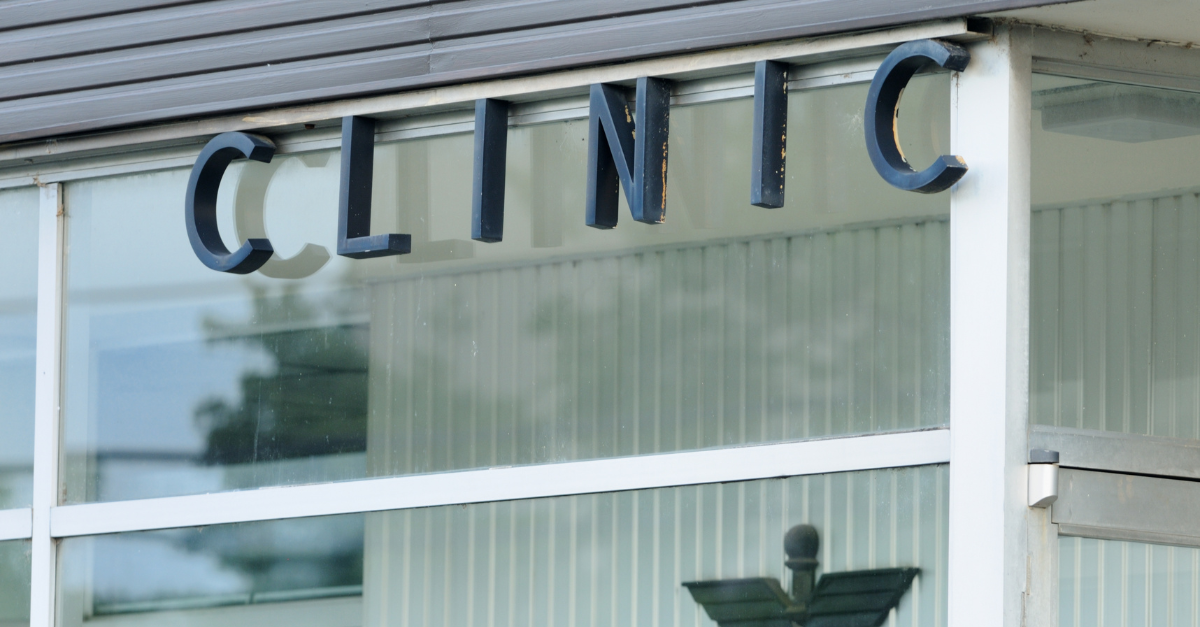NAWL Responds to the Supreme Court Decision in U.S. v. Skrmetti
Last week, the United States Supreme Court issued its
decision in
United States v. Skrmetti, which upholds a Tennessee law (SB1) banning gender-affirming medical care —such as puberty blockers and hormones— for transgender minors.
In the 6–3 decision, the Court held that SB1 does not warrant heightened scrutiny under the Equal Protection Clause, despite its discriminatory targeting of transgender youth by explicitly permitting hormone treatments and gender-affirming care for youth who identify as cisgender, while denying the same care for youth who identify as trans. This ruling has the potential to reshape access to health care and marks a profound erosion of the Equal Protection clause as a tool for challenging laws that disproportionately affect women and other marginalized groups.
Justice Sonia Sotomayor, in a searing dissent, laid bare the consequences of the Court’s refusal to confront the reality of this legislation:
“[T]he majority refuses to call a spade a spade. Instead, it obfuscates a sex classification that is plain on the face of this statute, all to avoid the mere possibility that a different court could strike down SB1, or categorical healthcare bans like it. The Court's willingness to do so here does irrevocable damage to the Equal Protection Clause and invites legislatures to engage in discrimination by hiding blatant sex classifications in plain sight. It also authorizes, without second thought, untold harm to transgender children and the parents and families who love them. Because there is no constitutional justification for that result, I dissent.”
As an organization committed to advancing gender equity under the law, NAWL stands with transgender individuals, families, advocates, and scholars who continue this long fight. The Court’s application of rational basis review to state laws targeting a specific “medical use” may also have far-reaching negative consequences on gender health equity more broadly, including access to reproductive care. NAWL calls on its members and allies to speak out, support impacted communities, and work toward a legal system rooted in dignity, equity, and justice for all.
---
NAWL will continue the conversation at the 2025 Annual Meeting during the session, “U.S. v. Skrmetti: The Future of Gender Equity in Healthcare,” featuring National Center for LGBTQ Rights Legal Director Shannon Minter and Executive Director of the Williams Institute Christy Mallory.




